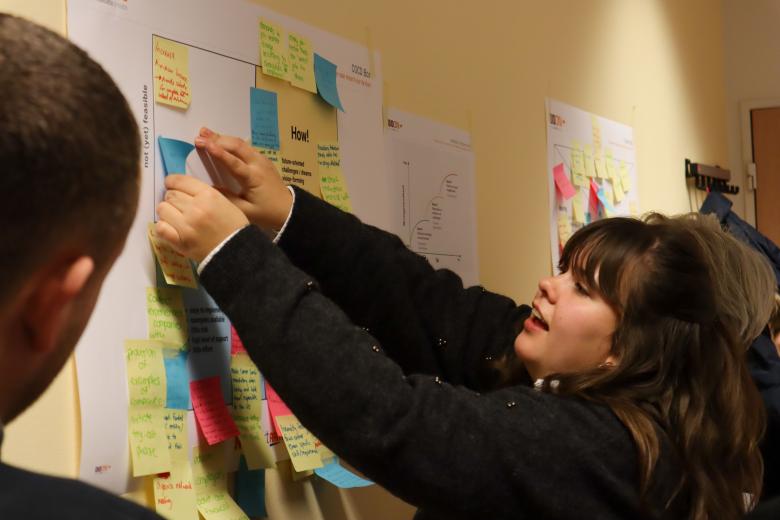Christmas markets in the region were hard to miss in December. The one in Maastricht, called ‘Magisch Maastricht’, was on my way home from work, so I both literally and figuratively couldn’t miss it. As in previous years, I often heard more German than Dutch voices—an indicator of the popularity of this holiday event for people from across the border. I almost felt at home, despite the comments I occasionally heard from my countrymen, that the Glühwein was ‘bei uns aber besser’ (better at home in Germany).
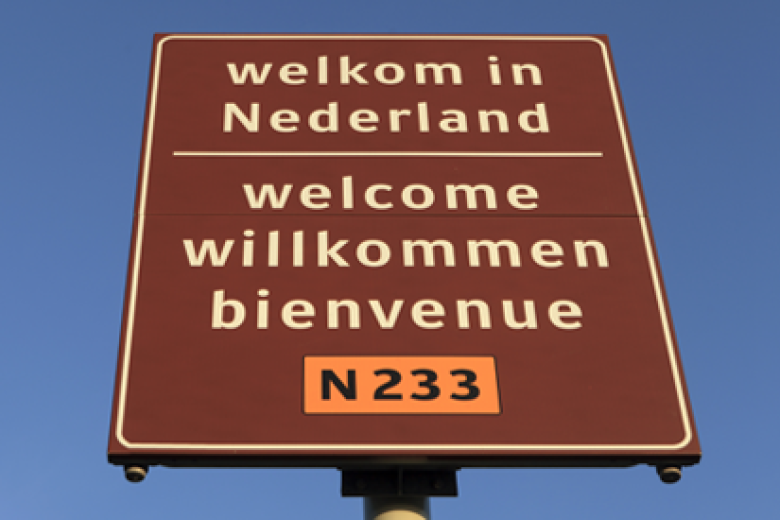
With a social loan system we lose more than we gain
- Law
A few days ago the first chamber of the Dutch parliament finally agreed to amend the Law on study finance (Wet studiefinanciering 2000) so as to introduce a ‘social loan system’. In essence, the amendment implies that future students will no longer receive basic support (basisbeurs) in the form of a so-called performance grant (‘if you obtain your degree, the money is free’), but solely in the form of loan.

Affordable healthcare?
I lived and worked in the US for a long time, and my wife is originally from there. So I go there regularly for both business and pleasure. The differences between American and Dutch healthcare are fascinating to see, as is the debate in both countries. In the Netherlands, the last few months were about the cost, the care, the role of insurance companies, the ‘participatiesamenleving’ (participation society), the personal responsibility of patients … . And if ‘affordable care’ was not the central theme of the discussion, it played an undeniable role in the background. In typical Dutch fasion, I found that the recent solution from Health Minister Edith Schippers diffused the debate on the free choice of a doctor. If she’s not allowed to require citizens to choose a particular doctor, she will still encourage them to choose one by offering them an incentive.
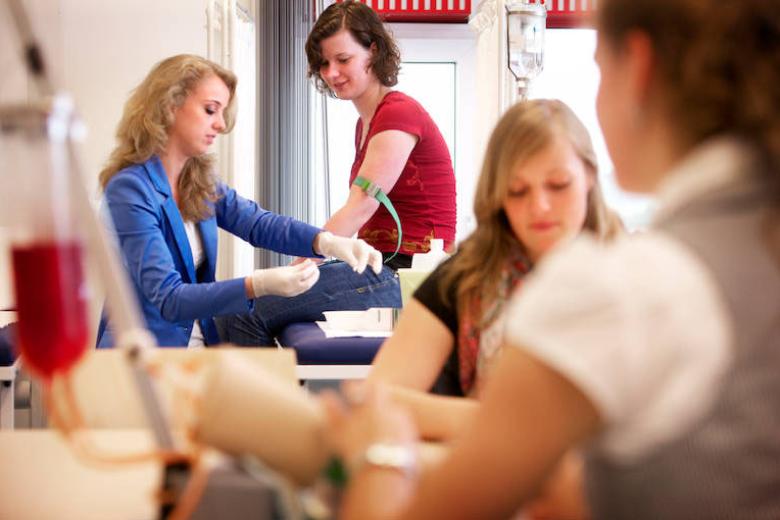
The balance of interests
- General
Lately, I’ve been thinking a lot about my grandfather. Exactly one hundred years ago, at the age of fourteen, he went to work in a metal factory. There were ten children at home, none with more than a primary school education. For fifty years he worked to the bone, for reasons that included being able to get his son (my father) a secondary school education. My father also couldn’t finish his own school because he had to earn money for the family, something that caused him difficulties the rest of his life. One goal was clear in his mind: his children must be able to go to university. He achieved that goal, and I was the first in my family to graduate. Why am I telling this story? Because I think we live in a privileged society where education is accessible to practically anyone. We must value this, and we must be careful that we don’t go back to the time of my father and my grandfather.
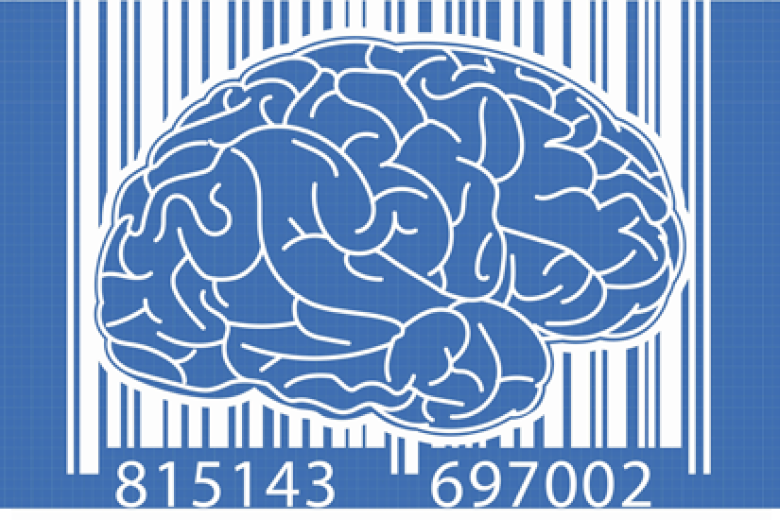
Academic degrees from industry-driven research: good idea!?
- General
House of Representatives’ member Pieter Duisenberg from the People’s Party for Freedom and Democracy (VVD) has proposed to stimulate academic promotions from industrial research. The Confederation of Netherlands Industry and Employers (VNO-NCW) and the association of Dutch SMEs (MKB-Nederland) favour this plan.

Kein Schlussstrich
- General
In the past few days, we’ve commemorated the 70th anniversary of the end of World War II. Seventy years! We used to call that a lifetime. While most of us were born after the war, that same war has affected our lives in one way or another, even though we may not realise it.
Knowing what atrocities took place during the German occupation of the Netherlands, with all the terrible consequences, I sometimes find it unreal that we now live in peace in this part of Europe—and that we do so in mutual respect, with a strong bond of friendship that has again emerged between the Netherlands and Germany.
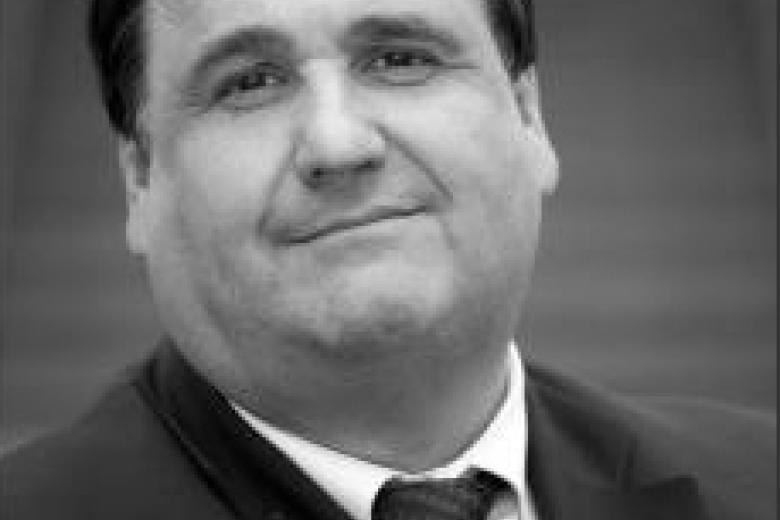
Bravo STW! And now for the others….
- General
A while ago, I discussed the requirements that subsidy providers have set regarding intellectual property... This blog is only available in Dutch.

Limburg Esperanto
- Arts and Social Sciences
- Heath, Medicine and Life Sciences
- Science and Engineering
- Psychology and Neuroscience
- Law
- Business and Economics
- General
We occasionally receive letters here at Maastricht University telling us we are ruining the Dutch language by only offering education in English. They do not actually have the facts straight: we are a bilingual university with an ‘English unless policy’, which means the language of instruction is English unless there is a good reason for it to be Dutch. This is why some of our most popular programmes, such as Medicine, Arts and Culture and Dutch Law, are taught in Dutch. We also encourage international students to learn Dutch by offering all first-year students a free introduction course. 85% of our international students make use of this opportunity. Why? Because they want to integrate into Dutch society and get a taste of the Dutch and Limburg culture.

Growing Up in Science with Prof. dr. Jan Smits
Did you ever wonder about the real stories of your colleagues? Behind every success you can read on a CV, are the numerous failed attempts, challenges, and lessons learned. And then there are also all the successes that no one ever hears about. Our guest for this session is the Dean of the Faculty of Law, Prof. dr. Jan Smits.
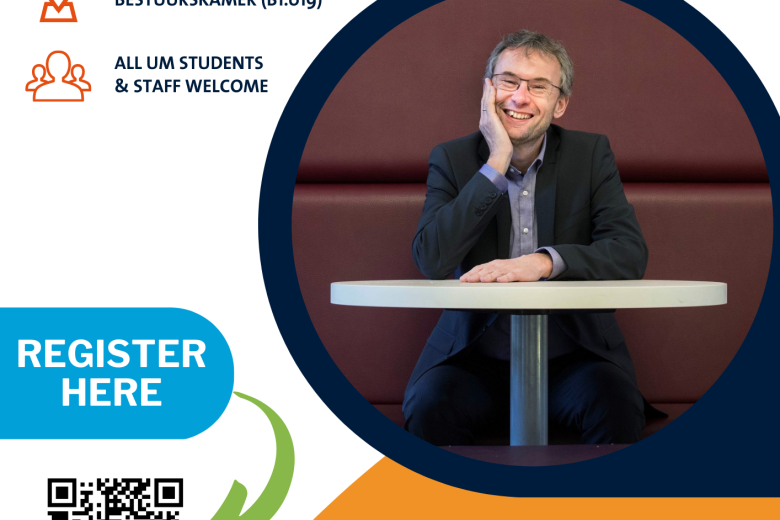
Online Q&A session for Work, Health and Career
We are organising an online event for the master's programme Work, Health and Career on Tuesday 4 April 2023. You can join an online presentation and/or workshop about preventing burnout.
